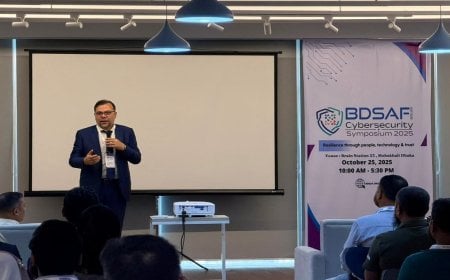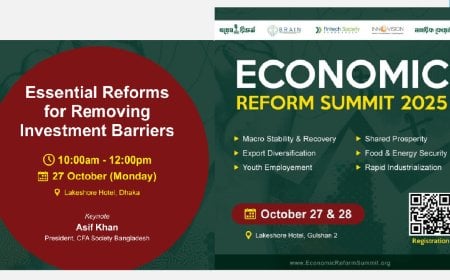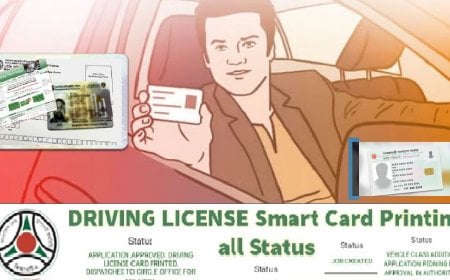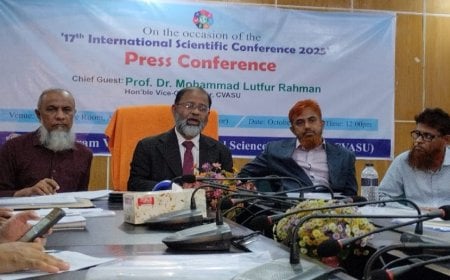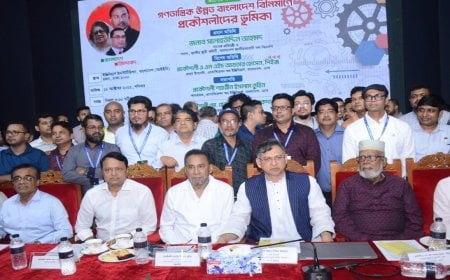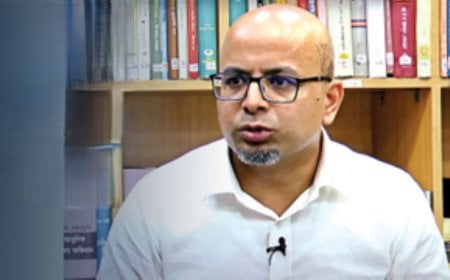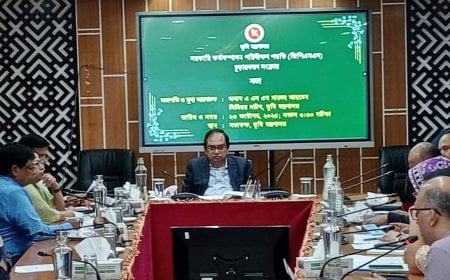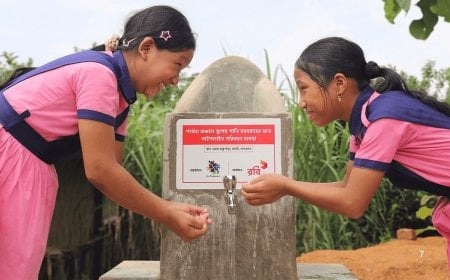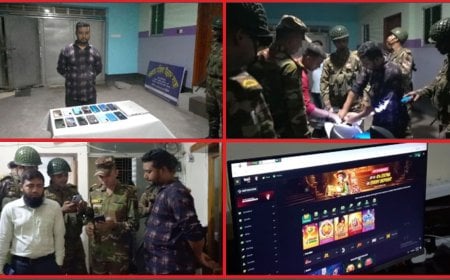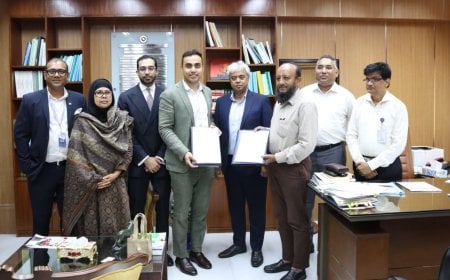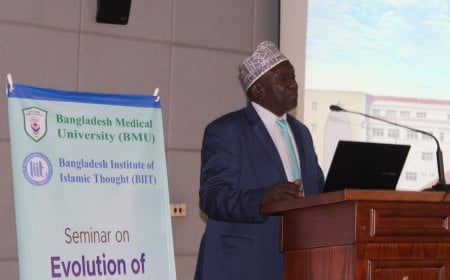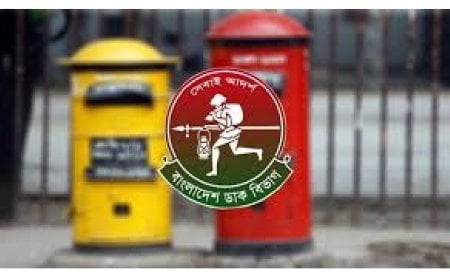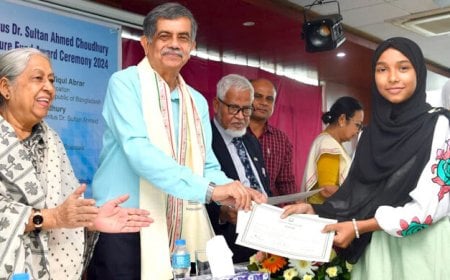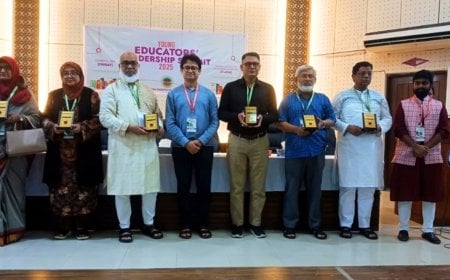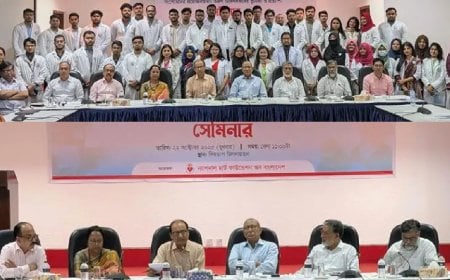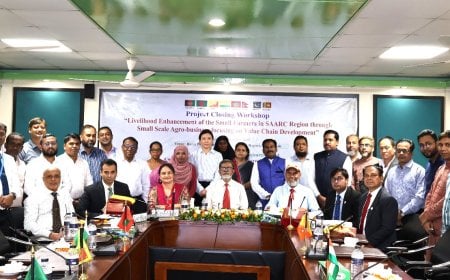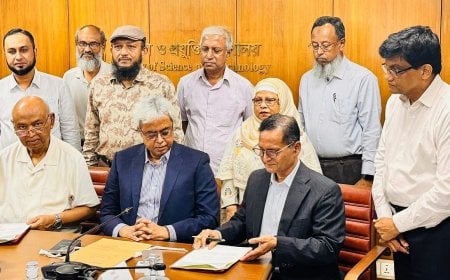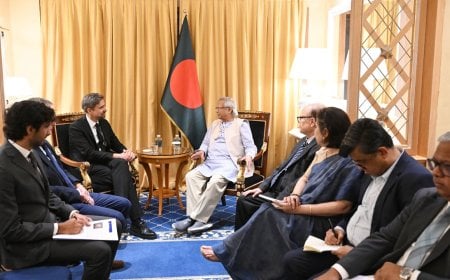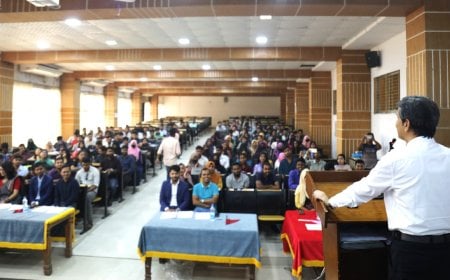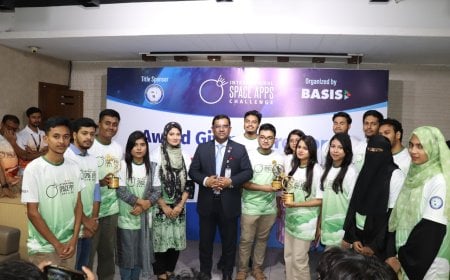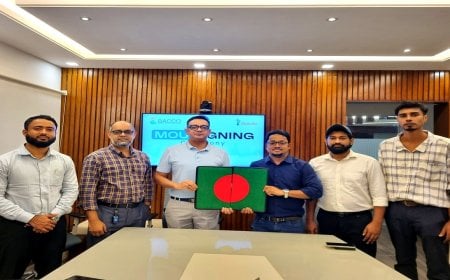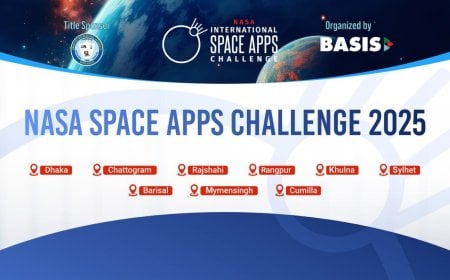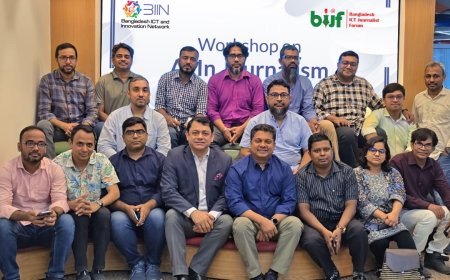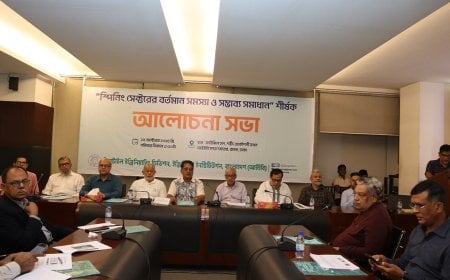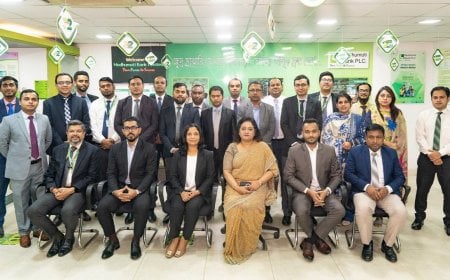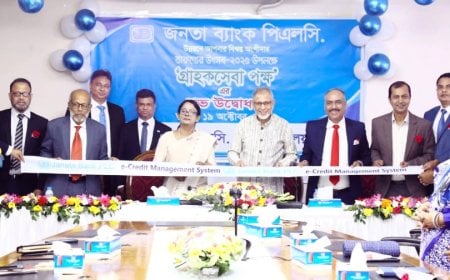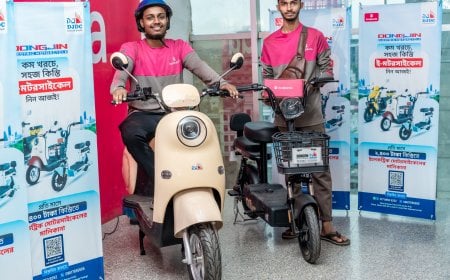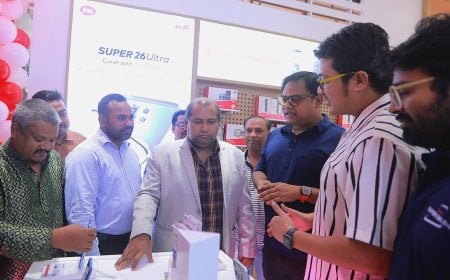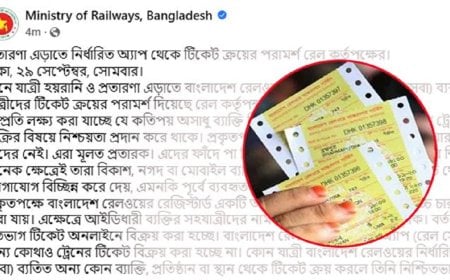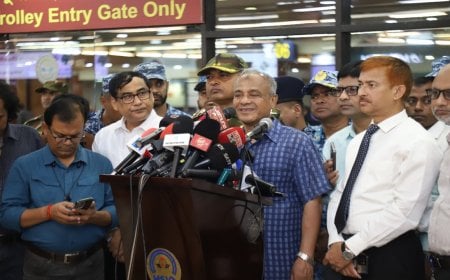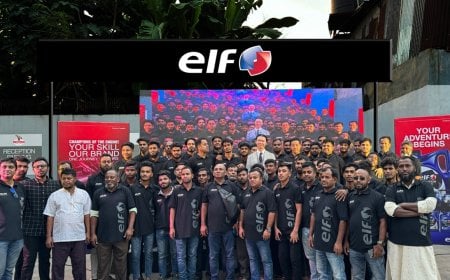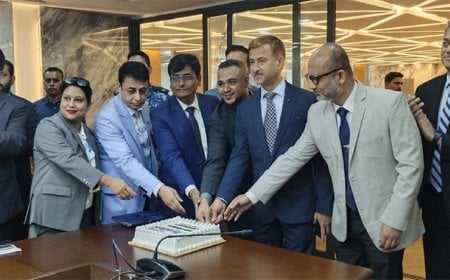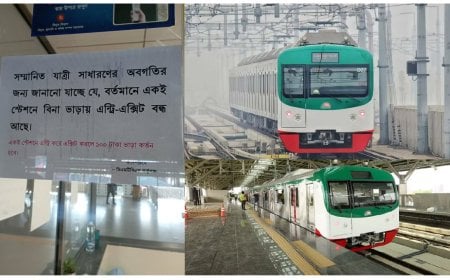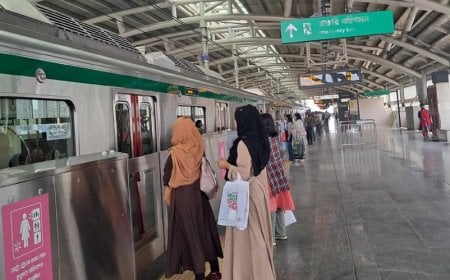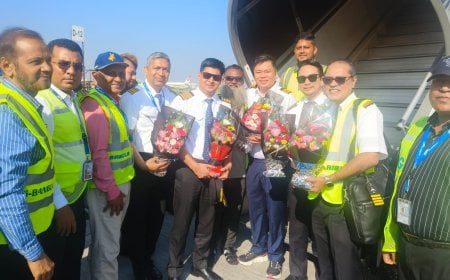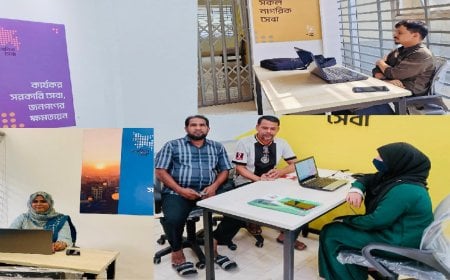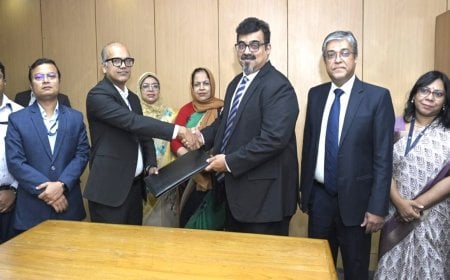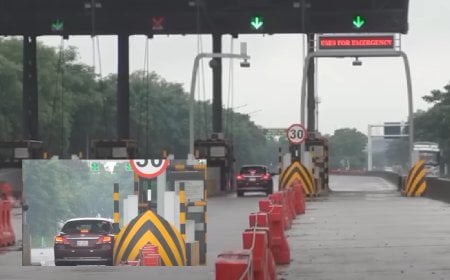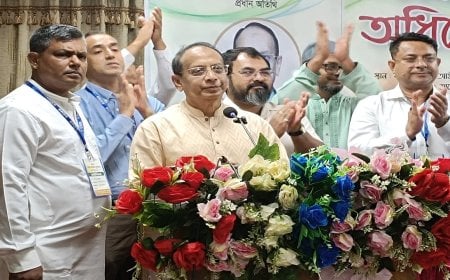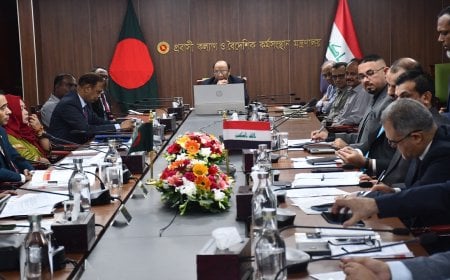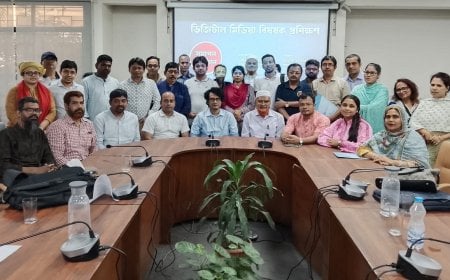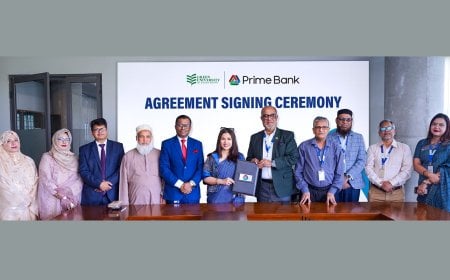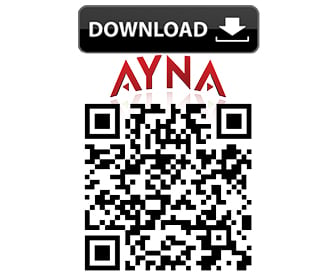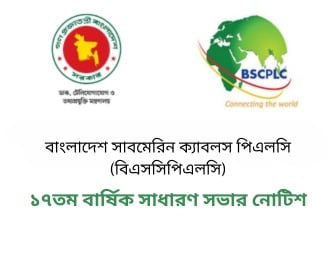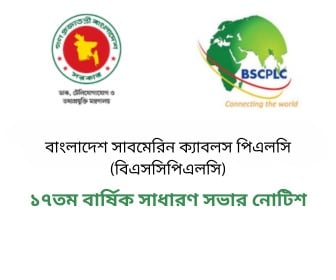Gateway Greenlight: Bangladesh Bank Moves to Facilitate Freelancers’ Fund Flow

In the absence of global payment gateways like PayPal in Bangladesh, the Governor of Bangladesh Bank has approved, in principle, the development of a domestic gateway system to ease the repatriation of freelance income. This move aims to support the country’s large freelance community by removing long-standing financial barriers.
Notably, expatriate IT entrepreneur Zakaria Swapan, founder of PriyoPay, has expressed interest in developing the gateway infrastructure to facilitate the inflow of remittances generated from freelance services.
Although the exact number of licenses to be issued has yet to be determined, Bangladesh Bank has clarified that any entity meeting the necessary conditions may apply.
Speaking to the media, Bangladesh Bank Spokesperson Md. Arif Hossain Khan stated, “Several gateway companies have already applied for licenses as Payment System Operators (PSO) and Payment Service Providers (PSP). The matter has been presented to Bangladesh Bank Governor Dr. Ahsan H. Mansur, who, after reviewing it thoroughly, has agreed to the development of new gateway systems to facilitate the repatriation of freelancers’ earnings.”
He added, “Applicants fulfilling the criteria outlined in the policy will be granted permission to operate. Initially, they will receive a one-year trial operation license. If they comply with the policy and demonstrate sound operations during this period, they will be awarded a permanent license.”
According to the Bangladesh Freelancer Association, the country is home to approximately 1.05 million freelancers engaged in outsourcing. Of their total earnings, only 30 percent is currently brought into the country, while the remaining 70 percent is often held abroad due to limitations in remittance channels. The 30 percent repatriated amounts to around USD 1 billion (approximately BDT 12,300 crore), of which only USD 50,000 comes through banking channels. The rest arrives via alternative means.
Stakeholders believe that removing these barriers and establishing a streamlined payment gateway will significantly increase the volume of foreign earnings entering the domestic economy.
Bangladesh Bank also confirmed that PayPal is welcome to operate in the country should it wish to do so. “If PayPal expresses a formal intent to operate in Bangladesh, it will be positively considered,” a representative stated, adding that the development of local systems will continue in parallel.
Reflecting on past developments, the bank’s spokesperson noted that while there has been some progress in the payment systems over the past 15 years, more momentum was needed. He observed that previous efforts had often focused more on individual interests than systematic development.
“In the past, there was more focus on individual benefits than system development. As a result, there was more publicity than actual progress. We are moving toward a competitive ecosystem now,” Arif Hossain Khan said. “In a competitive market, monopolies will not survive. Market dynamics will be shaped by the users themselves.”
He emphasized that there would be no restrictions on entering or exiting the market for PSP and PSO entities, but all must operate with integrity and ensure the highest levels of security.
“A research report on this matter has been presented to the Governor. It includes a comprehensive analysis of applicant qualifications, functional responsibilities of PSPs and PSOs, and integrity metrics,” he added.
“Those who have applied or will apply will be given a one-year trial production license. If they meet our requirements and ensure security, they will be granted a commercial license,” said the spokesperson.

